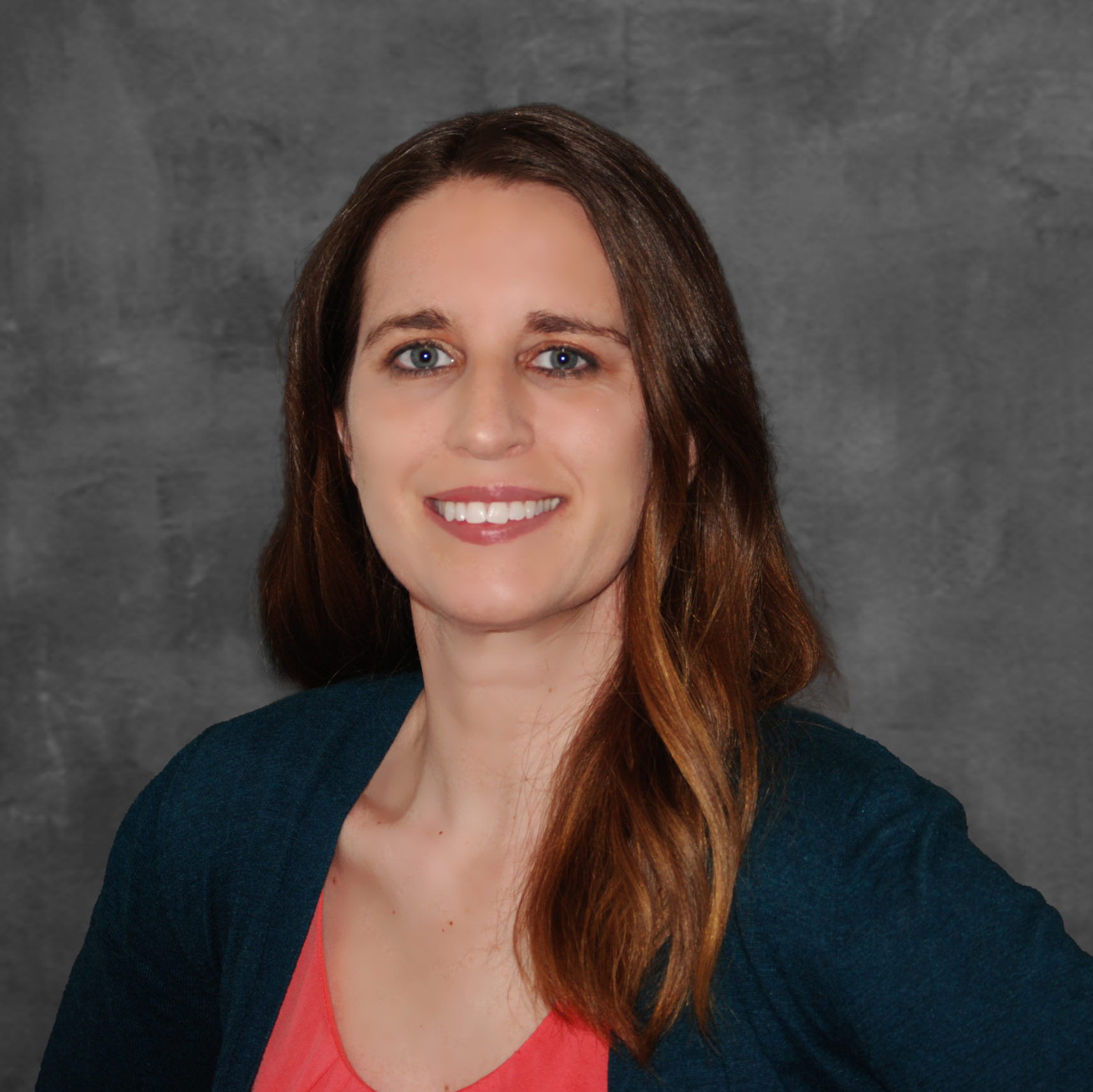
Tell us about yourself.
I am a Ph.D. candidate in the Integrative Life Sciences Doctoral Program at Virginia Commonwealth University. My dissertation focuses on the effects of climate variability on the population demography of the Prothonotary warbler (Protonotaria citrea).
What is important to you about engaging with your local government?
Policymakers at the local level make decisions that greatly impact their local community; unfortunately, local governments lack the budget to hire experts in all the fields they encounter. By engaging with the local government, I provide information so they can make evidence-based policy decisions that benefit the community in which I live.

Adele Balmer
What happened?
As a Commonwealth of Virginia Engineering and Science (COVES) fellow, I worked with the Virginia Senate Finance and Appropriations Committee (SFAC) to conduct a study to provide accurate information to Virginia policymakers about factors that influence Medicaid expenditure. The goal was to identify areas for potential cost savings by addressing policies which affect health.
What did you do?
I built a mathematical model that determined how 30 different factors (e.g., obesity rates, unemployment, and graduation rates) affect Medicaid spending. The results from this study can be used by the SFAC to help make informed decisions on policies which can yield the greatest cost-effective improvements. I found it fulfilling to use my statistical expertise on areas outside of my training to make an impact on society, and I plan to continue working in science policy upon graduation.
The COVES Fellowship enabled me to gather insight into the inner workings of policymaking in Virginia. I learned first-hand the importance of Senate committees and how committee staff members work to inform policymakers on important policy topics. By working with the Virginia Senate Finance and Appropriations Committee I felt that I made a real-world impact by bring my statistical and coding expertise to both the health and education subcommittees.